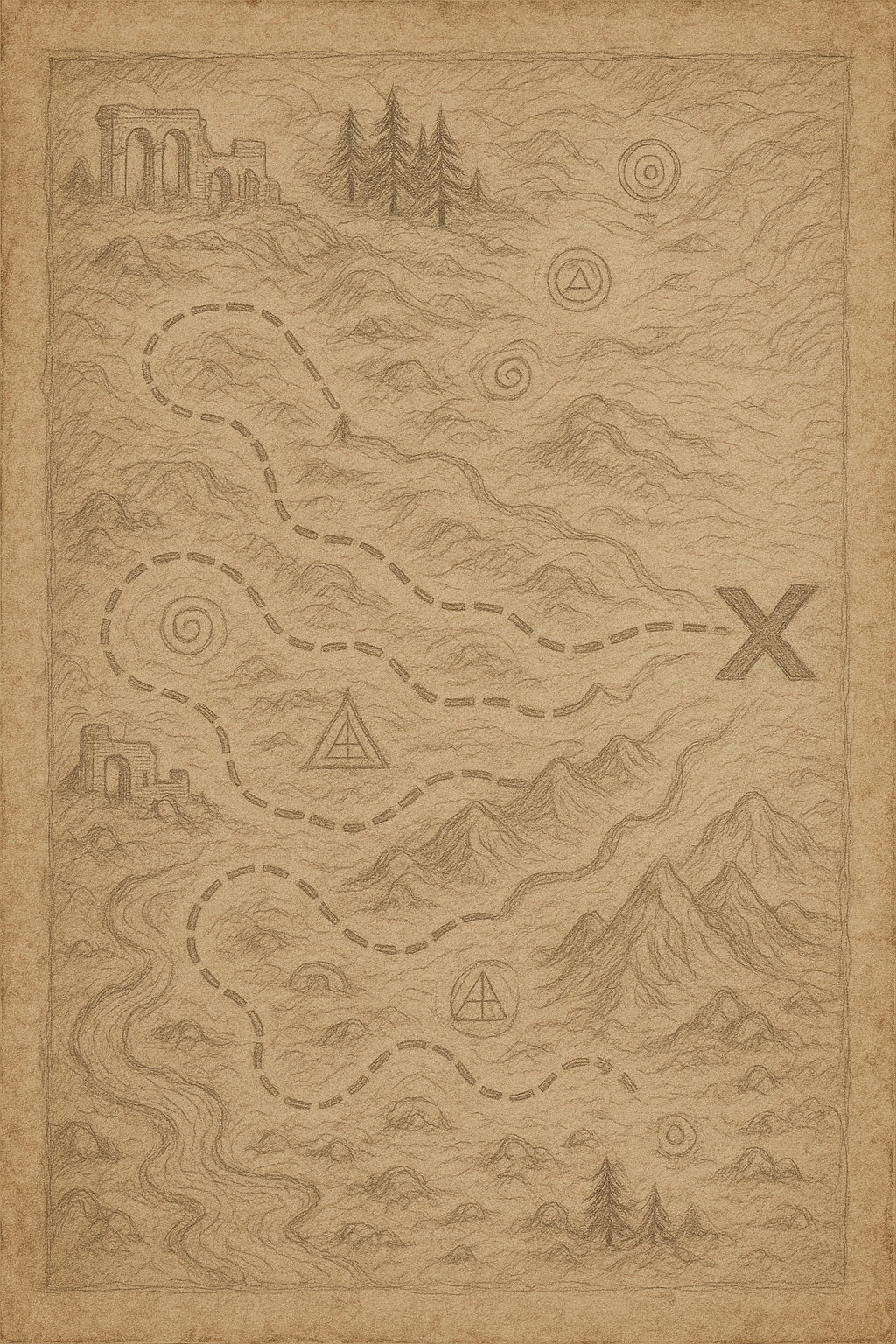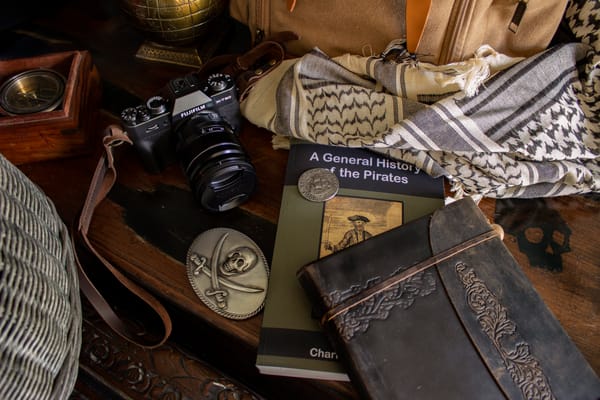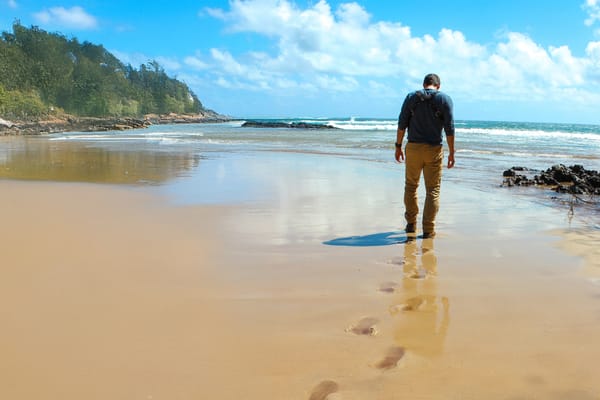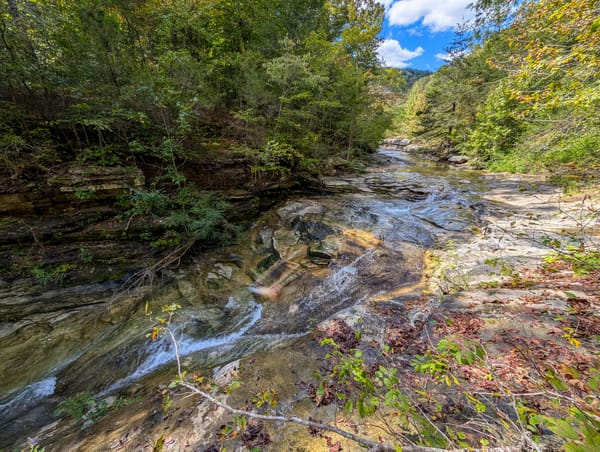Topic 0.3: Understanding How Your Archetype Can Shape Your Exploration Journey

Topic 0.3: Understanding How Your Archetype Can Shape Your Exploration Journey
Having identified your potential explorer archetype(s) through the self-assessment, let's explore how this understanding can enrich your journey. Recognizing your natural inclinations doesn't limit you; instead, it empowers you to choose paths that resonate deeply, develop complementary skills, and even collaborate effectively with others who possess different strengths.
Leveraging Your Dominant Archetype(s):
The Adventurer (Thrill-Seeker, Pioneer):
- Strengths: Courage, resilience, adaptability, problem-solving in dynamic situations, physical endurance.
- How it Shapes Your Journey: You're likely drawn to physically demanding expeditions, uncharted territories, and pushing boundaries. You might excel in mountaineering, deep-sea exploration, long-distance trekking, or exploring remote wilderness areas.
- Considerations: While your bravery is an asset, ensure thorough planning and risk assessment. Sometimes the greatest discoveries require patience and meticulous research, not just daring.
- Complementary Skills to Develop: Detailed research methods, patience for observation, collaborative teamwork (as solo adventures aren't always feasible or safe).
The Scholar (Researcher, Historian):
- Strengths: Analytical thinking, meticulous research, attention to detail, passion for knowledge, ability to connect disparate pieces of information.
- How it Shapes Your Journey: You're likely drawn to historical sites, archaeological digs, libraries, archives, and opportunities to uncover lost knowledge or verify existing theories. You might excel in historical research, linguistic exploration, or scientific expeditions focused on data collection and analysis.
- Considerations: While deep knowledge is crucial, ensure you also develop practical field skills if your explorations take you beyond archives. Sometimes the most profound insights come from direct experience and observation.
- Complementary Skills to Develop: Practical outdoor skills, physical endurance for fieldwork, communication skills to share findings with a broader audience.
The Documentarian (Storyteller, Cartographer):
- Strengths: Keen observation, empathy, communication skills (written, visual, oral), ability to capture the essence of a place or experience.
- How it Shapes Your Journey: You're driven to record and share your discoveries. This could involve travel blogging, photography, videography, creating detailed maps, writing books, or producing documentaries. Your explorations might focus on diverse cultures, unique landscapes, or untold stories.
- Considerations: While sharing is important, ensure you are also fully present in the moment of exploration itself. Sometimes the drive to document can overshadow the experience.
- Complementary Skills to Develop: Research skills to provide context, survival skills for remote documentation, interviewing techniques for cultural exploration.
The Naturalist (Environmentalist, Biologist):
- Strengths: Deep appreciation for nature, observational skills related to flora and fauna, patience, understanding of ecological systems.
- How it Shapes Your Journey: You're drawn to wild places, biodiversity hotspots, and opportunities to study and conserve the natural world. Your explorations might involve wildlife tracking, botanical studies, marine biology, or environmental conservation projects.
- Considerations: Ensure your passion for nature is balanced with scientific rigor if you aim to contribute to research. Ethical considerations regarding wildlife interaction are paramount.
- Complementary Skills to Develop: Data analysis, scientific writing, advocacy skills to promote conservation, advanced navigation for remote areas.
The Treasure Hunter (Relic Seeker, Fortune Finder):
- Strengths: Persistence, problem-solving, ability to follow clues, strong intuition, resourcefulness.
- How it Shapes Your Journey: You are motivated by the thrill of the find, whether it's a lost artifact, a hidden gem, or a forgotten piece of history. This could lead you to historical research, archaeological sites, or even exploring local legends and folklore.
- Considerations: Ethical and legal boundaries, if not observed, can land you on the wrong side of the law. Be aware of local laws, cultural norms, private property, and environmental regulations.
- Complementary Skills to Develop: Historical research methods, cartography, potentially diving or excavation skills.
Blending Archetypes:
Most people will find they are a blend of these archetypes. For example:
- An Adventurous Scholar might seek out remote, hard-to-reach archaeological sites.
- A Documentarian Naturalist might create stunning films about endangered species in their habitats.
- A Scholarly Treasure Hunter might use ancient texts to guide their search for lost historical artifacts.
Using Your Archetype to Plan:
- Choose Destinations and Activities: Select explorations that align with your natural interests and strengths.
- Identify Skill Gaps: Recognize areas where you might need to develop new skills or collaborate with others who have complementary strengths.
- Set Realistic Goals: Your archetype can help you define what a successful exploration means to you.
- Find Your Community: Connect with others who share your passion and approach to exploration.
Understanding your explorer archetype is not about fitting into a box, but about understanding your motivations and strengths to make your explorations more meaningful and impactful. As you progress through this course, keep your archetype(s) in mind as you learn new skills and plan your own adventures.
Next Steps: We will now move on to Module 1, which lays the groundwork for any type of exploration: The Explorer's Mindset & Foundations.





